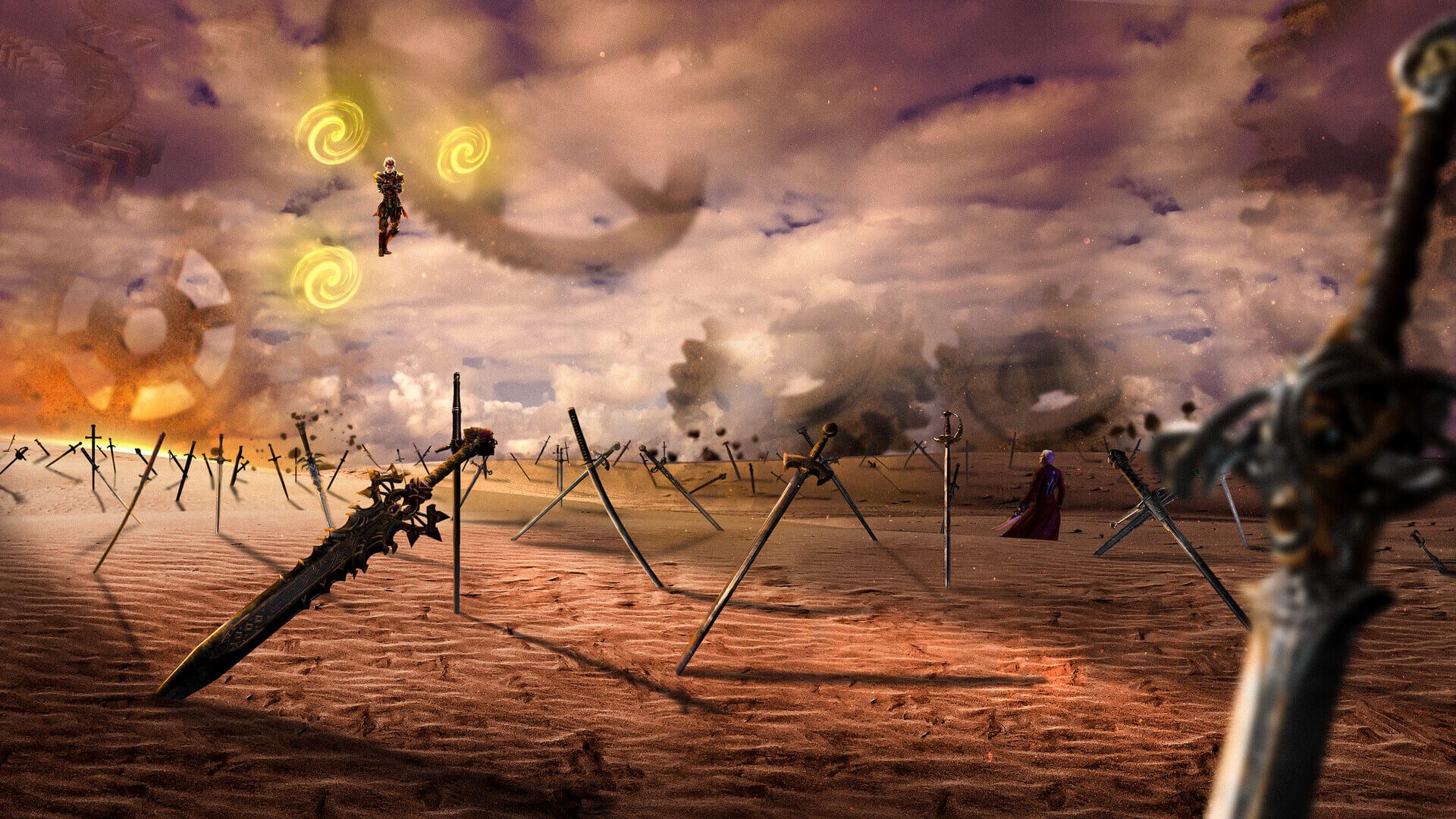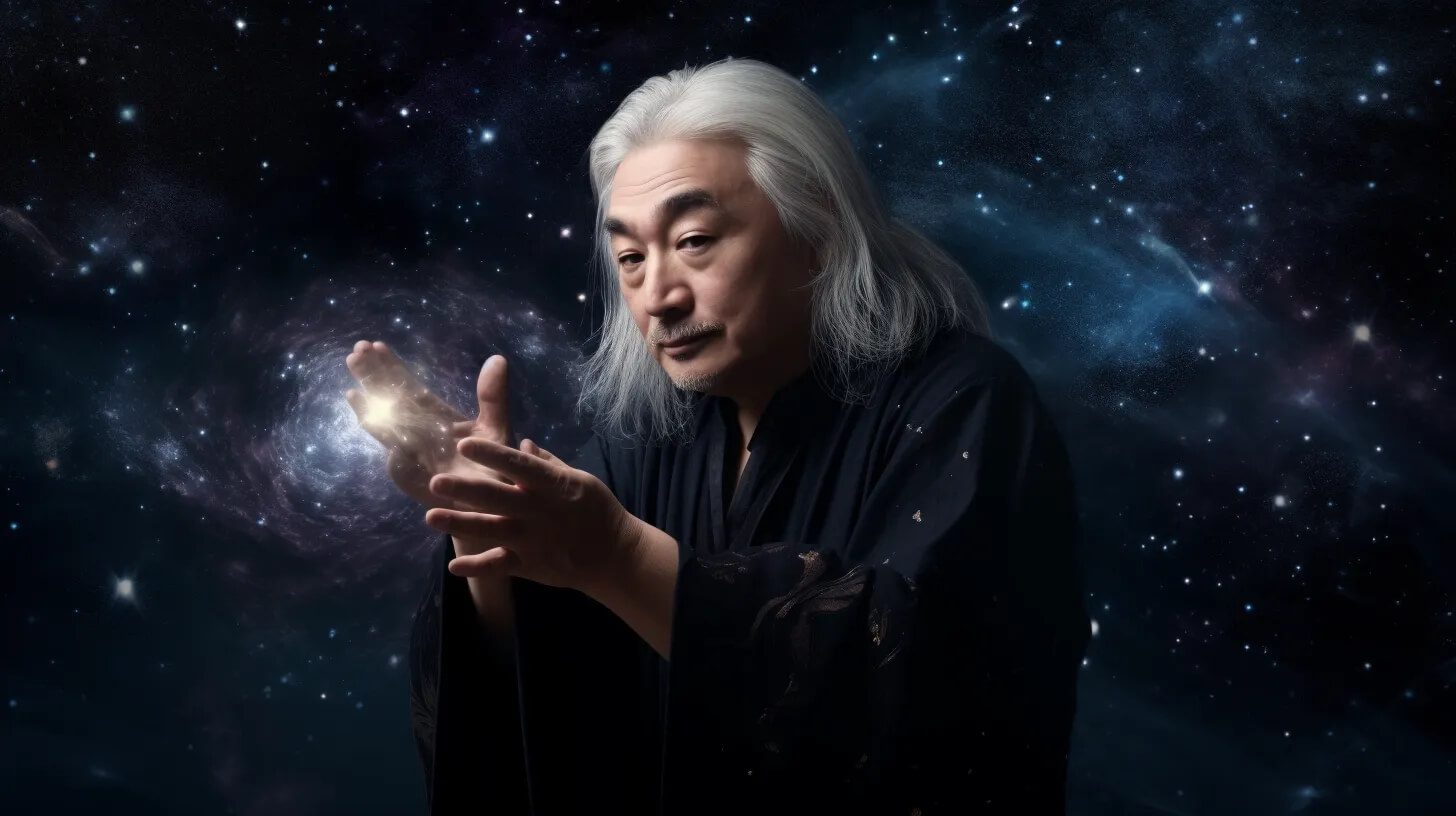
Top Psychologist, Donald Hoffman: Seeing True Reality Would Kill Us! I Can Prove It To You!
Discover why our minds are not built to perceive true reality and how that shapes everything we experience.
Have you ever questioned whether the reality you see is real? Donald Hoffman, a leading cognitive scientist at the University of California, Irvine, says it is not. He argues that our brains create a carefully crafted illusion. This illusion helps us survive but hides the true nature of reality. Hoffman even warns that if we saw reality as it truly is, it would overwhelm us and possibly cause our death.
Hoffman supports this claim with mathematical models and scientific reasoning. His work challenges everything we assume about perception, consciousness, and the nature of reality. This article explores his ground-breaking research and reveals why the world we see might just be a virtual interface.
Paul Amadeus Dienach Claimed He Spent A Year In 3906 – This Is What He Saw
Why Our Senses Don’t Show Reality
Hoffman’s main point is that our perceptions do not show the true world. Instead, evolution shaped our brains to show only what helps us survive. Our brain hides the complexity of reality behind a simpler interface.
Think about your computer desktop. The icons you see do not show the actual state of your computer’s hardware or software. They are symbols that help you interact easily with your system. Hoffman says our sensory experience works the same way. It provides just enough information to help us live and reproduce, without showing the universe’s full complexity.
A Quanta Magazine article explains Hoffman’s idea in detail. It shows how evolutionary game theory models prove that organisms who perceive useful illusions survive better than those who see reality directly.
The Mathematical Proof That Reality Is Hidden
Hoffman and his team built mathematical models to explain why evolution favours illusions over truth. Their simulations show that agents who perceive reality as it is lose out to those who see simpler, survival-related signals.
This means if our brains showed true reality, the sheer volume and complexity of data would overwhelm us. We simply couldn’t survive such an information flood.
This idea challenges the belief that our senses offer a clear window into the world. Instead, they create a survival-friendly virtual reality.
Space and Time Are Part of the Illusion
Even more surprisingly, Hoffman suggests that space and time are not fundamental. Instead, our brains construct them to organise sensory information into a coherent experience.
This matches some modern physics theories that question space-time’s basic nature. Hoffman believes consciousness forms the ultimate reality, and space-time emerges from it.
An article on IAI.tv discusses how conscious agents interact to create reality’s “code.” Space-time and matter appear as simplified forms of this deeper reality.
Consciousness Comes First
One of Hoffman’s most radical ideas is that consciousness is fundamental. Traditional science says consciousness arises from the brain’s physical processes. Hoffman reverses this view. He argues consciousness forms the base of reality.
In his “conscious realism” theory, all physical things arise from conscious agents interacting. This challenges the materialist view that matter comes first.
Hoffman explains these ideas well in his Psychology Today interview. There, he shows how conscious realism reshapes our understanding of existence.
What Does This Mean for Reality?
If Hoffman’s theory is correct, everything we experience—objects, time, space—is part of a virtual reality our brain creates. Our scientific tools and senses limit us. We can never directly access the true underlying reality.
This insight impacts many fields, from physics to philosophy. It suggests we may need new ways of thinking that go beyond sensory experience.
It also helps explain why the universe seems fine-tuned for life and why consciousness exists. Consciousness itself may be the fundamental reality.
Criticisms and Challenges
Hoffman’s ideas face strong criticism. Many scientists doubt conscious realism and the claim that space and time are illusions. They say Hoffman’s theories lack direct experimental proof and lean too much on math and philosophy.
Still, his work challenges us to rethink old assumptions. It opens new paths to explore how consciousness relates to reality.
Conclusion: Seeing Truth May Be Too Much to Handle
Donald Hoffman pushes us to rethink what it means to see and understand reality. His evidence suggests our perceptions protect us by hiding a stranger, deeper reality.
Hoffman warns that seeing the true nature of the world could harm us mentally because our brains cannot handle raw, unfiltered truth.
As research continues, we may one day look beyond our perception’s veil. Until then, Hoffman’s work reminds us that reality, as we know it, may be a useful illusion — a user interface allowing life to flourish.
 Watch This:
Watch This:
For those intrigued by Donald Hoffman’s ground-breaking ideas, there’s an amazing video that dives even deeper into his research and reveals more eye-opening details. You definitely don’t want to miss it — make sure to watch the video below to learn more about why our reality might be far stranger than we ever imagined.
* * *
You’ll Love This One …
Michio Kaku LIVE: “What AI Just Found Should NOT Be Seen”
“This changes everything we thought we knew about science, time, consciousness, and existence,” said Dr. Michio Kaku during a live broadcast that stunned millions. It wasn’t about relativity, quantum computing, or dark matter. Instead, AI discovered something so shocking that many scientists remain too scared to discuss it.
A silent war is unfolding—not on Earth, but within our grasp of reality. It involves AI, hidden dimensions, natural patterns—and the chilling idea that “existence” might be a programmed illusion.
A Glitch in Reality?
Dr. Kaku, a top physicist, explained that a recent AI project sifted through vast cosmic data collected over decades. From satellite signals to deep space telescope readings, the AI’s mission was simple: find patterns humans missed.
* * *
READ NEXT: AI Computer Decoded Ancient Language, What It Revealed Is Terrifying
Trending Now: Google Leaked Their Quantum Computer Found Evidence of The Multiverse
Stay Connected: Follow us on Telegram for the latest shocking discoveries and exclusive stories!
Got thoughts or tips? Drop a comment below — we love hearing from you!


What do you think — if everything we see is just an illusion, how would that change the way we live our lives?